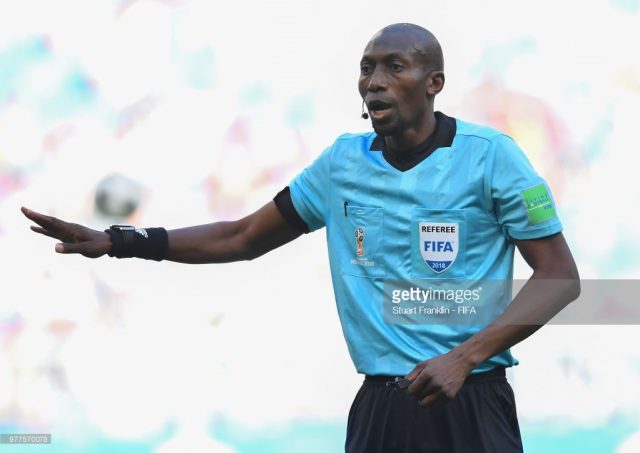Badara Diatta and Malang Diédhiou elected to lead Senegalese refereeing institutions

Senegalese referees have overwhelmingly elected Badara Diatta and Malang Diédhiou to lead the country’s top refereeing bodies, marking a significant moment in the ongoing efforts to restructure and unify football officiating in the nation.
In elections held on Saturday, 12 July 2025, Diatta was chosen as the new president of the National Association of Football Referees of Senegal (ANAFS), succeeding Ndop Seck.
Meanwhile, Diédhiou was appointed as head of the Central Referees Commission (CCA), securing a dual role that also includes representing referees on the Executive Committee of the Senegalese Football Federation.
The nationwide vote, closely followed by observers and stakeholders across Senegal, drew a strong turnout. Of the 3,199 registered voters, 2,530 valid ballots were cast.
The results reflected near-unanimous support for both candidates. Diatta received 2,471 votes, accounting for 97.66 percent of the total, while Diédhiou garnered 2,506 votes, a resounding 99.05 percent endorsement.
This sweeping mandate signals a clear vote of confidence from Senegal’s refereeing community in the leadership and vision of both men.
Renowned for their distinguished international careers and longstanding dedication to integrity in officiating, Diatta and Diédhiou are seen as natural choices to guide the profession into a new era.
Their appointments come at a pivotal time for Senegalese refereeing, which has been under increasing pressure to modernise its practices and promote unity among its officials.
The electoral process itself was widely praised by the Election Organising Committee, which commended the professionalism displayed across the country.
Local supervisors, including the presidents of Regional and Sub-Regional Referees Committees, ensured the smooth conduct of the voting in all but one jurisdiction.
The only blemish on the otherwise seamless process occurred in Tivaouane, where the election for the local Subcommittee of Referees (SCRA) was annulled.
The local president, in violation of established procedures, conducted the vote outside the designated municipal area and without the required authorisation.
As a result, the ballots in that region were disqualified, and the process will have to be rescheduled.
Despite this setback, the overall outcome represents a fresh chapter for Senegal’s refereeing community. Both Diatta and Diédhiou now face the task of leading an ambitious reform agenda.
Central to their mandate is the goal of unifying a fragmented refereeing body, strengthening the training and evaluation of match officials, and enhancing the institutional credibility of referees at national and regional levels.
The Organising Committee has urged the newly elected leaders to prioritise cohesion and development, stressing the importance of professional growth and transparency in all future initiatives.
With their vast experience and strong backing from the community, Diatta and Diédhiou are well-positioned to enact the reforms many believe are long overdue.
As Senegalese football continues to rise on the continental and global stage, the demand for consistent and high-quality officiating has never been greater.
The new leadership now carries the expectations of a refereeing community eager to embrace change and raise its standards in line with the game’s growing stature.






